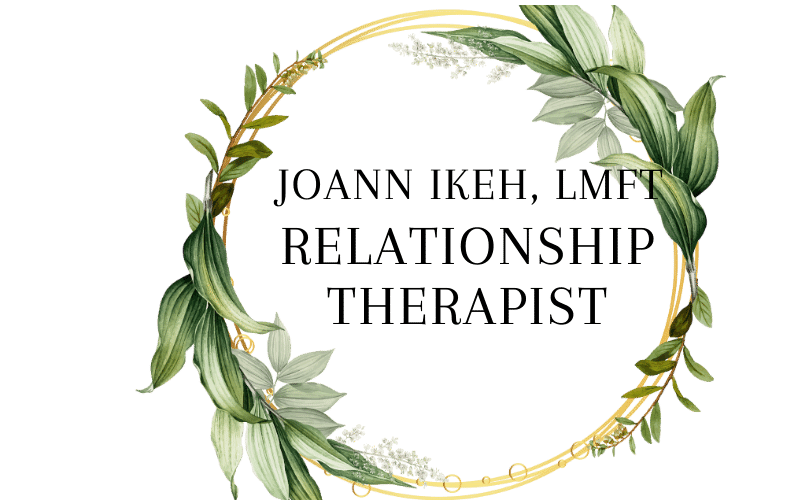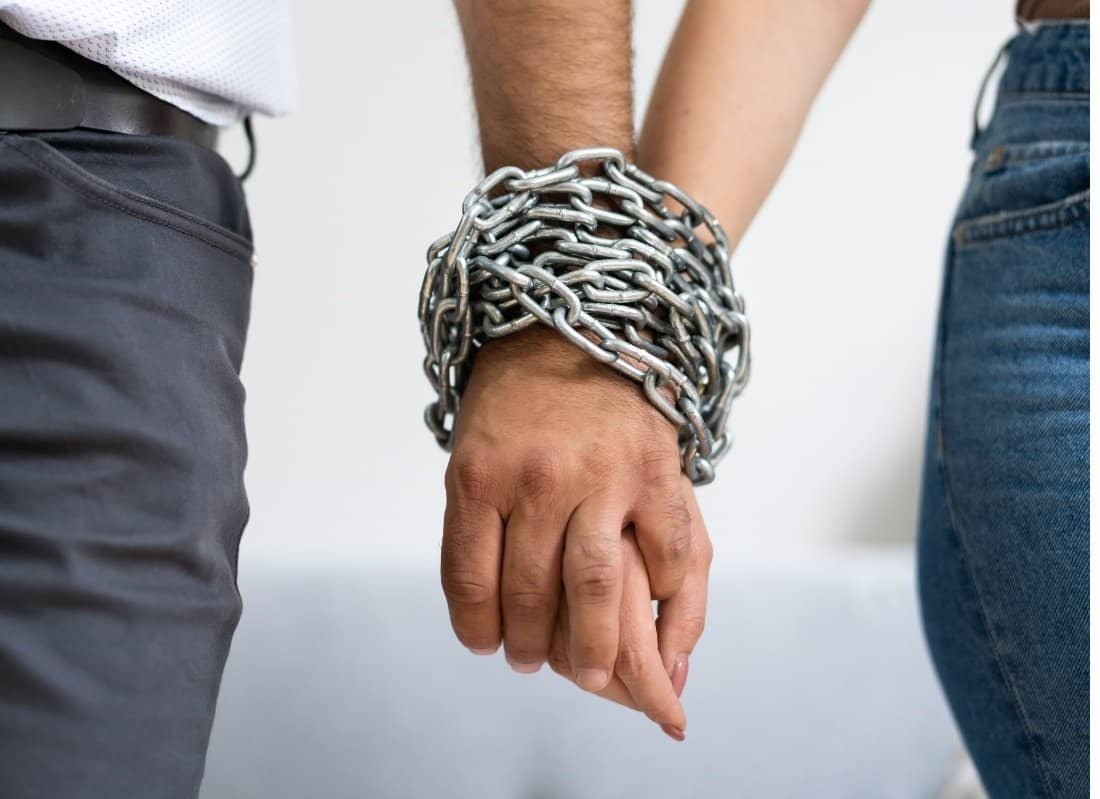Find Healing from a Toxic Relationship and Learn How to Avoid Them in the Future
Toxic relationships can leave deep emotional scars that affect individuals long after the relationship has ended. Whether it was a romantic partnership, a friendship, or a family bond, the impact of such toxicity can be pervasive, leaving individuals feeling depleted, broken, and emotionally drained. However, healing from a toxic relationship is possible with dedication, self-compassion, and a commitment to rebuilding a life of empowerment and resilience.
Recognizing the Toxicity
The first step towards healing from a toxic relationship is acknowledging that the relationship was indeed unhealthy. Toxic relationships are characterized by manipulation, emotional abuse, gaslighting, and a lack of genuine respect and care for one another. Often, individuals might feel trapped or unable to escape the toxic cycle, leading to a loss of self-worth and confidence.
Cutting Ties and Seeking Support
The most challenging but essential step in healing from a toxic relationship is severing ties with the toxic individual. This might mean ending the relationship completely or setting strict boundaries to protect yourself emotionally. Remember that healing is a journey, and seeking support from friends, family, or a therapist can be incredibly helpful during this process. Surrounding yourself with understanding and caring individuals will aid in your recovery and provide a safe space to express your emotions.
Self-Reflection and Empowerment
Once you've taken the necessary steps to distance yourself from the toxic relationship, self-reflection becomes crucial. It's essential to understand why you entered and stayed in the toxic relationship, as this knowledge will prevent history from repeating itself. Assessing your values, boundaries, and emotional needs will empower you to rebuild your life on a solid foundation of self-awareness and self-love.
Cultivating Self-Compassion
Healing from a toxic relationship can be a tumultuous journey, and it's essential to practice self-compassion throughout the process. Understand that it's okay to feel hurt, angry, or vulnerable, and give yourself permission to experience these emotions without judgment. Remember that you are not defined by the toxicity of the past, and self-forgiveness is a vital aspect of moving forward.
Embracing Growth and Personal Development
As you heal, focus on personal growth and development. Engage in activities that bring you joy, discover new hobbies, or pursue professional goals you might have put on hold during the toxic relationship. Embracing growth and change will not only foster a sense of accomplishment but also boost your self-esteem and confidence.
Rebuilding Trust and Relationships
Toxic relationships can leave individuals with trust issues, making it challenging to form new connections. Take small steps to rebuild your trust in others, starting with nurturing healthy friendships and surrounding yourself with supportive people. Understand that not everyone is toxic, and there are genuinely caring individuals who will treat you with the love and respect you deserve.
Setting Boundaries and Red Flags
As you move forward, set clear boundaries in your relationships to protect yourself from future toxicity. Recognize the red flags that indicate potential toxic behaviors in others and trust your instincts. Learning to say "no" when necessary and prioritizing your emotional well-being will help you maintain healthier relationships in the future.
Healing from a toxic relationship is a courageous and transformative process. By recognizing the toxicity, cutting ties, seeking support, and practicing self-compassion, you can break free from the emotional shackles of the past. Embrace personal growth, rebuild trust, and set boundaries to create a life of empowerment, resilience, and love. Remember, you are deserving of a healthy and fulfilling life, and healing from a toxic relationship is the first step towards reclaiming your happiness and well-being.
How to Avoid Toxic Relationships
A toxic relationship can be detrimental to your mental and emotional health, and can even have physical effects. These relationships can be with friends, family, or romantic partners. Regardless of the type of relationship, it’s important to recognize the signs of a toxic relationship and take steps to avoid them. Here are some tips on how to avoid toxic relationships.
Know the signs
The first step in avoiding toxic relationships is to know the signs. Toxic relationships are characterized by constant criticism, manipulation, control, and lack of trust. If you notice that someone is always putting you down, controlling your every move, or making you feel guilty for things that aren’t your fault, it may be time to reconsider the relationship.
2. Trust your instincts
Trust your instincts when it comes to relationships. If something doesn’t feel right, it probably isn’t. Listen to your gut and don’t ignore any red flags that may come up.
3. Set boundaries
Setting boundaries is crucial in any relationship, but it’s especially important in toxic relationships. Let the other person know what you will and won’t tolerate, and be firm in your boundaries. Don’t let anyone make you feel guilty for setting boundaries that are important to you.
4. Practice self-care
Take care of yourself first and foremost. Make time for yourself, engage in activities that bring you joy, and surround yourself with positive people. When you feel good about yourself, you’re less likely to tolerate toxic behavior from others.
5. Learn to say no
Learning to say no is an important part of avoiding toxic relationships. It’s okay to say no to someone if you feel uncomfortable or if their behavior is toxic. You don’t owe anyone an explanation for why you’re saying no, and you don’t need to feel guilty about it.
6. Don’t ignore warning signs
If you notice warning signs of a toxic relationship, don’t ignore them. It’s better to end a relationship early on than to let it continue and become more toxic over time.
7. Seek support
If you’re struggling with a toxic relationship, seek support from friends, family, or a therapist. Having a support system can help you navigate difficult relationships and make decisions that are best for you.
Avoiding toxic relationships requires awareness, boundaries, self-care, and trust in yourself. Remember that you deserve to be in healthy and positive relationships, and don’t be afraid to walk away from relationships that aren’t serving you.
If you need some help healing from a toxic relationship or just need some help to avoid getting into them in the future I may be able to help you. I currently offer online therapy for individuals and couples in Florida and California. If you’d like to learn more about working with me, book a free consultation by clicking the link below.
Joann Ikeh, LMFT
www.onlinecouplecounseling.com




